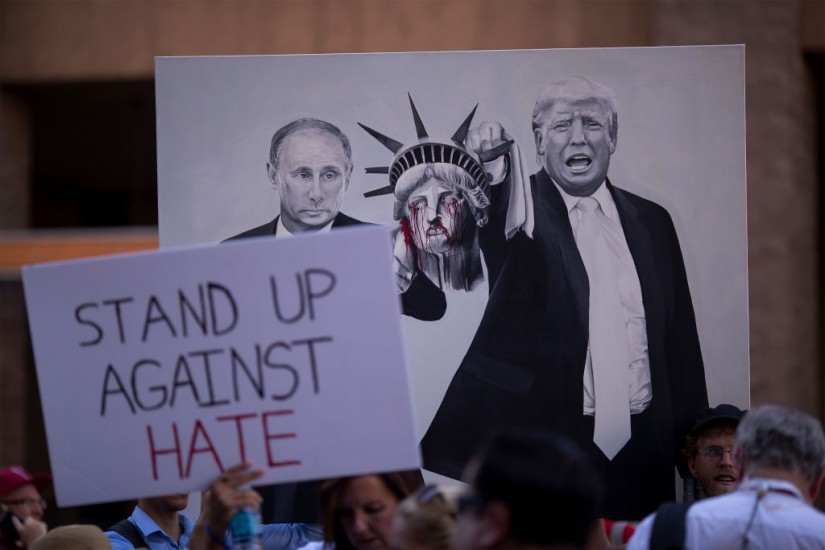The doom-and-gloom can distract from what is genuinely good news. A country where no group is secure in their command of political power is also a country where fewer groups are continuously oppressed, where more groups can fight for true equality. But that transition carries a social cost: The sense of security created by the stability that flows from monoethnic dominance is gone.
The question, then, is whether the instability we feel now is a byproduct of progress, a portent of coming fracture, or both.
The case for optimism about America
My core argument here is that how American politics feels — particularly to those in the majority — is not a good guide to how just it is. A fair counterargument is that too much discord can shake the fundamental consensus American politics requires to operate, and the consequences of such a collapse could be disastrous. Some scholars, like Mounk, worry that the public is losing faith in liberal democracy altogether. In his book’s scariest section, Mounk relates research showing, among other antidemocratic attitudes, that the percentage of Americans who say they have a favorable opinion of military rule has increased from one in 16 in 1995 to one in six in 2011.
There is a vibrant debate in the political science community about how durable these attitudes are and what they truly mean. In a new survey for the Democracy Fund’s Voter Survey Group, Lee Drutman, Larry Diamond, and Joe Goldman find that support for democracy is holding steady and young Americans do not show a rising preference for authoritarian political systems. Optimistically, they find “support for a strong leader declining for the first time in 2017 and returning to levels last seen in 1995.” It’s possible that Trump’s example is reminding Americans what they like about more traditional political leaders.
That said, I don’t pretend to know what is truly in the heart of the American voter. The nearness of our undemocratic past is proof of the possibility of an undemocratic future. My mother grew up amid segregation. I was voting when Republican politicians overwhelmingly supported a constitutional amendment banning same-sex marriage. The #MeToo moment is less than a year old. You do not have to reach far back into the mists to realize there is nothing in our nature that precludes illiberalism or that ensures progress. But that should also remind us not to overstate either the threat posed by Trump or the changes wrought by him; I would rather America be what it is today than what it was even 20 years ago.
